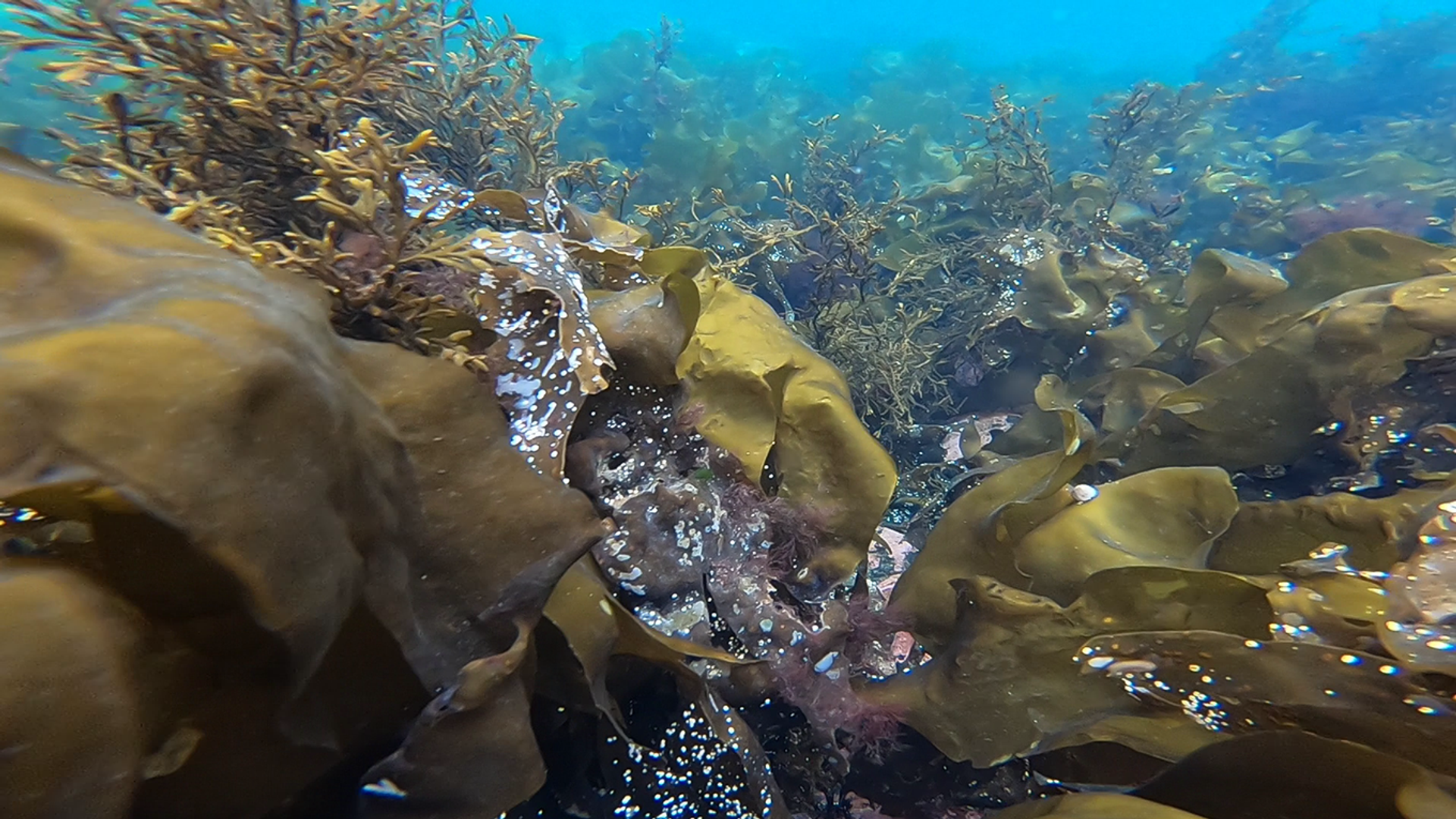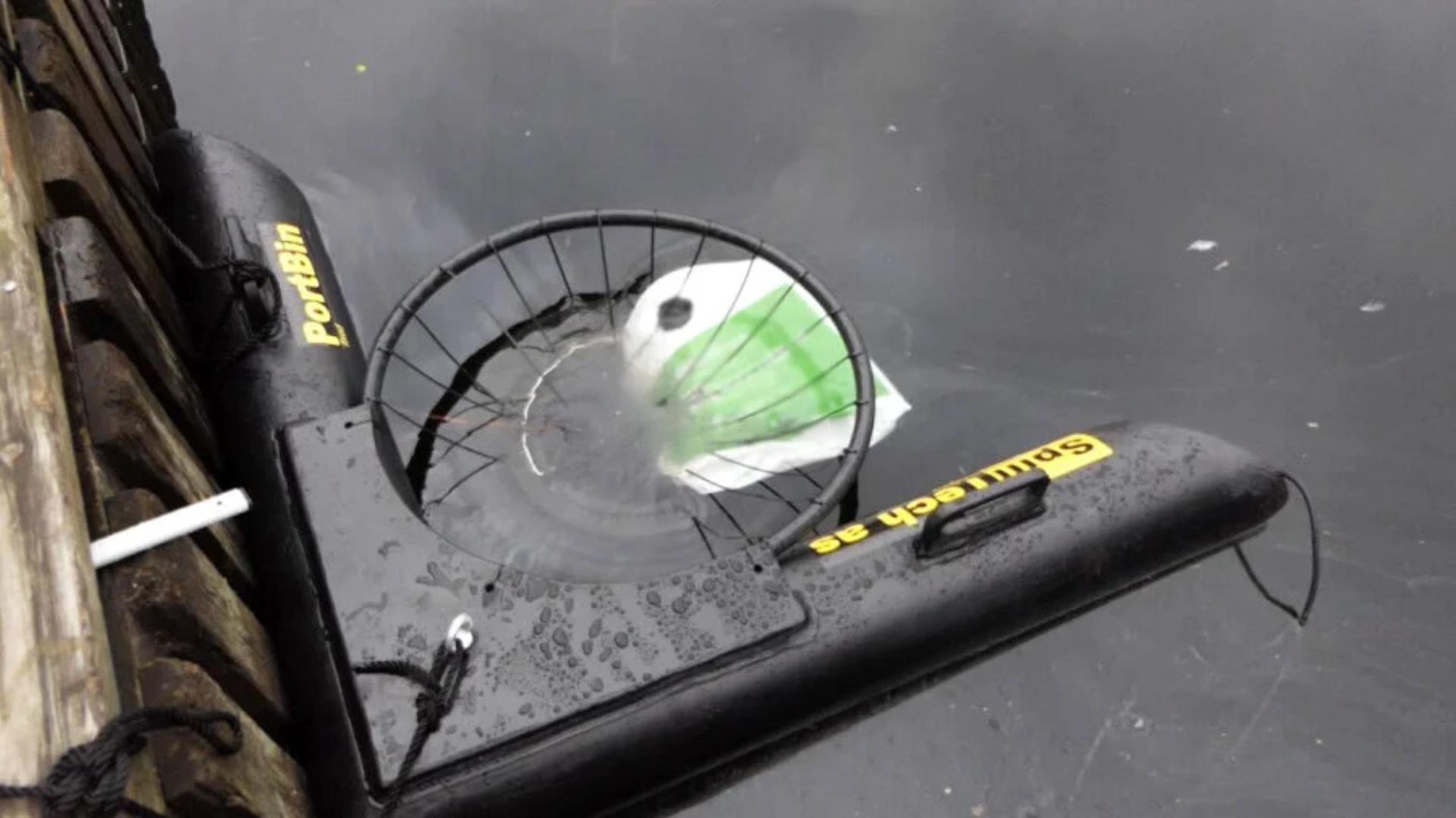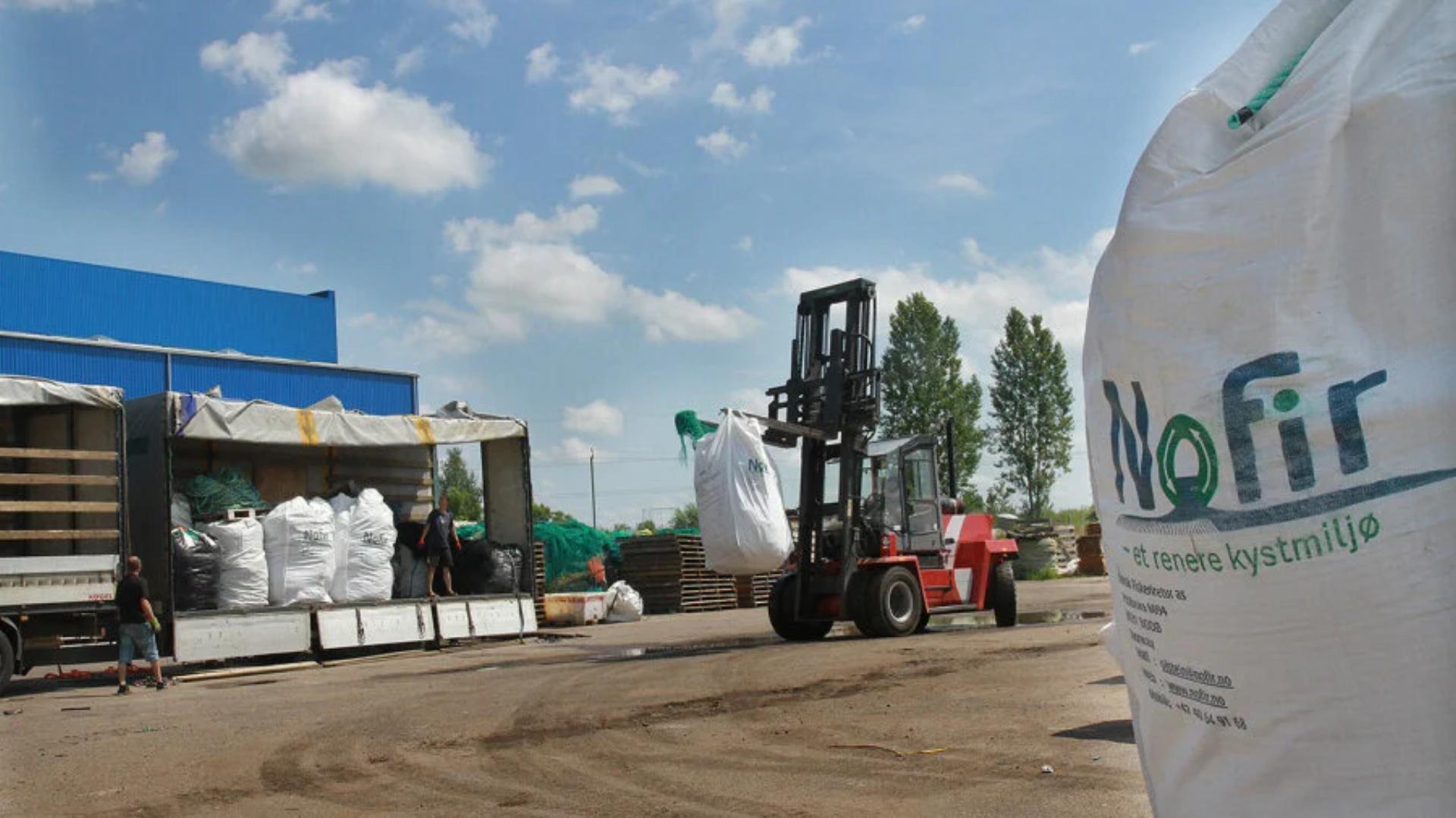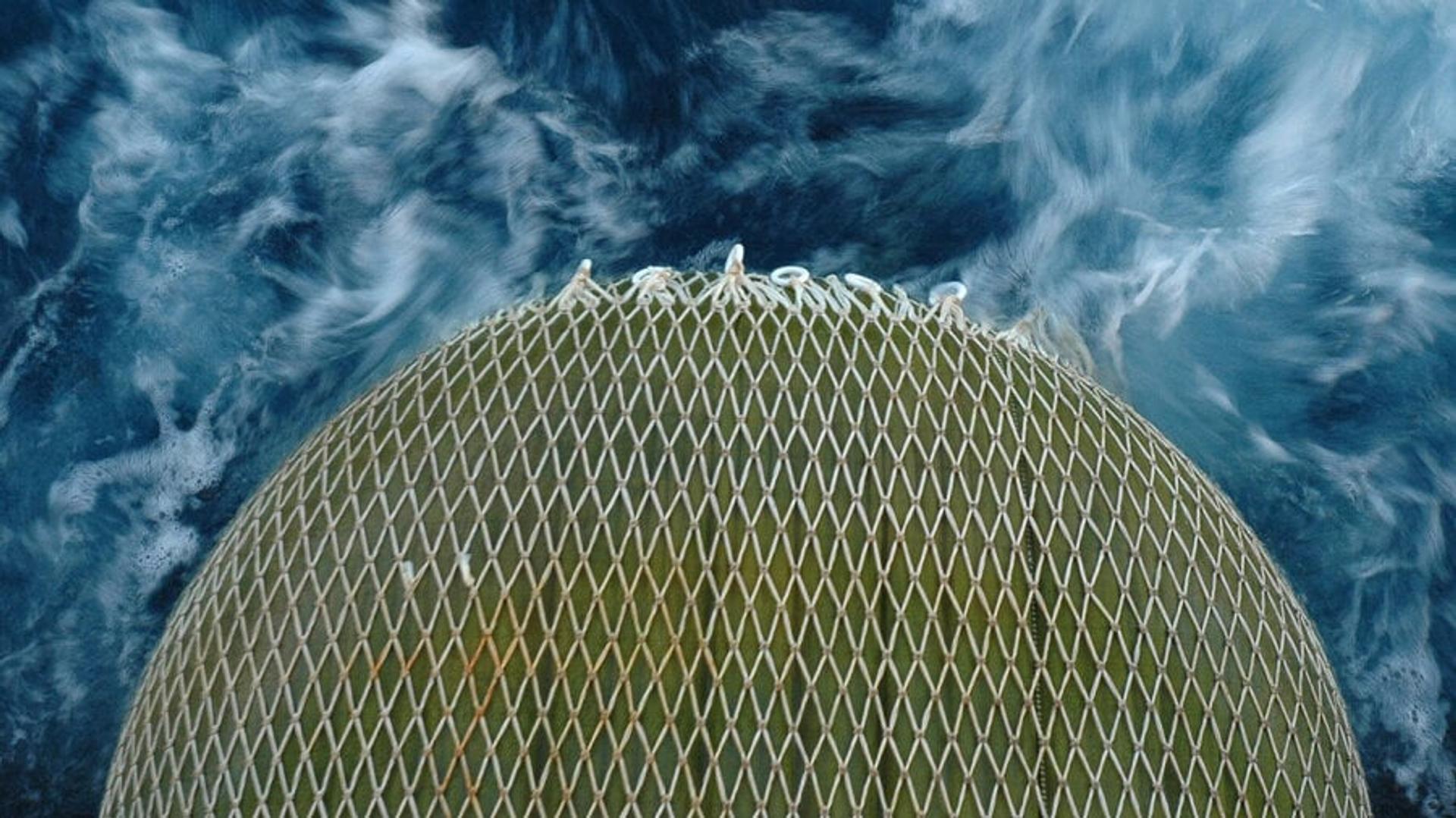Plastic pollution: Cleaner seas and plastic recycling with Norwegian technology

Plastic is extremely durable, highly flexible and inexpensive to produce. Unfortunately, it is terribly detrimental to the environment. In fact, we use so much plastic that we send a shocking 12 million metric tons of plastic in the ocean each year. Once there, the plastic pollution breaks down into microplastics that find their way into fish stomachs and bird nests, accumulating in the marine food chain.
How can we prevent plastic pollution from destroying vulnerable marine ecosystems? This is a pressing problem for Norway, whose inhabitants have earned their livelihood from the sea since prehistoric times. That is why Norwegian companies and research institutions – which have been leaders in the offshore, shipping, fisheries and aquaculture industries for decades – are investing major resources in fighting plastic pollution in the ocean.
Focusing on materials, ocean cleaning technology, reuse, and changing the value chain, Norwegian companies have come far in developing solutions and technology that can help to combat plastic pollution and plastic in the ocean. Here are some examples.
Using offshore technology to collect plastic pollution
It is imperative to find effective ways of removing plastic pollution that is about to cause irreparable damage to the ecosystem. Ideally plastic waste should be picked up before it sinks to the seabed or before weather, wind and sun break it down into microplastics.
“Microplastics are extremely small plastic fragments or particles resulting from the disposal and breakdown of consumer products and industrial waste and which end up in the food chain.”
Collecting floating ocean waste is much more complicated than collecting litter on land. Norway, however, has world-leading expertise in constructing and operating installations in harsh offshore conditions. Companies are building on this expertise to devise effective solutions for ocean cleaning and collecting plastic pollution from the water’s surface.
The company SpillTech, for example, is a specialist in oil spill response systems. It has used its knowledge of oil skimming technology to develop the PortBin range of solutions for collecting floating ocean waste: PortBin fixed, PortBin robot, and TrashTrawl. The devices collect floating waste from port areas, rivers and other small bodies of water. Already in use in ports in Scandinavia and the UK, Spilltech’s solutions all help to stop plastic waste reaching the ocean.
Clean Sea Solutions, meanwhile, has developed the Clean Sea Robot. This autonomous, electric, aqua drone “sweeps up” plastic waste from the ocean surface with the help of computer vision and remote sensing. The collected trash is stored on board, and when the device is full, it returns to a dedicated docking station to be emptied and recharged for the next mission. The company is also developing a model that can function below the surface for more in-depth ocean cleaning.

Cutting emissions by recycling plastic waste
The problem with plastic is that it is extremely simple and inexpensive to produce, making it far too easy to throw away plastic products and packaging after a single use, thus creating enormous amounts of plastic pollution. But what if we could give plastic waste a new life? Devising new, useful applications will create incentives for people to hold onto used plastic instead of dumping it – and keeping it from ultimately ending up as plastic pollution in the ocean.
This is the win-win-win approach that Quantafuel is taking. The company chemically recycles mixed plastic waste, transforming it into a raw material for new plastic products. In addition to removing plastic waste from the environment, Quantafuel's process reduces other forms of pollution from incineration and landfills, reduces energy consumption, and promotes the circular economy of plastics.
Nofir is another Norwegian company working to kill two birds with one stone. Nofir has developed a system for large-scale collection of plastic waste in the form of fishing nets and ropes, and promotes new methods for the recycling of plastic. Each year Nofir’s system collects some 7 000 metric tons of raw material for plastic recycling. Among other products, the plastic waste is used to manufacture ECONYL®, a strong nylon yarn that can be used in clothing, carpets and other textiles. This way, Nofir helps to reduce pollution from textile manufacturing as well as ocean waste.

Encouraging plastic recyling
The European Commission has set a target for total reuse/recycling of waste materials of 65 per cent by 2035, including plastic recycling. The positive environmental impacts of this will be twofold: fewer resources will be used to manufacture products and waste will be reduced dramatically, including plastic pollution and ocean waste. To achieve this target, companies and manufacturers must take an entirely different approach to material choice and design – a life cycle approach. One aspect of this is increased focus on reuse and recycling. Much can be learned from Norway here.
Norway is a champion when it comes to returning plastic bottles. An impressive 95 per cent of all plastic bottles are returned via a national bottle deposit scheme. The advantages are obvious: the more plastic waste that is collected and recycled, the less will end up in nature as plastic pollution.
Inspired by the Norwegian bottle return success, Empower has devised a system which allows people to exchange plastic waste for tokens at certified recycling stations. The system is now in place in several countries, including India, Libya and Sri Lanka. In addition to reducing plastic pollution, it helps to combat poverty by providing an economic incentive for people to collect and deliver plastic waste.
Norwegian companies Tomra and RVM Systems lead the field in terms of the technical solutions for bottle return. Together they have delivered reverse vending machines and related technology to dozens of countries in and outside Europe. This has helped to spread plastic recycling technology and reduce plastic pollution.
Biodegradable alternative to plastic fishing nets reduces plastic pollution
In certain areas it is best to replace conventional plastics entirely to fight plastic pollution in the ocean. Take fishing gear such as nets, ropes and lines, for example. Each year, some 13 000 fishing nets are left at sea, lost as plastic in the ocean. However, these plastic nets do not actually disappear. They can live on for years as ocean waste: ghost nets that entangle fish and marine mammals.
The researchers at SINTEF Ocean are therefore exploring the use of biodegradable materials in gillnets to replace plastic nets and reduce plastic pollution in the ocean. The results so far are promising. Although fishing trials have shown somewhat poorer fishing efficiency than traditional nylon gillnets, the environmental benefits are great. Similar efforts to reduce plastic pollution and ocean waste are needed to continue the fight against plastic in the ocean.

